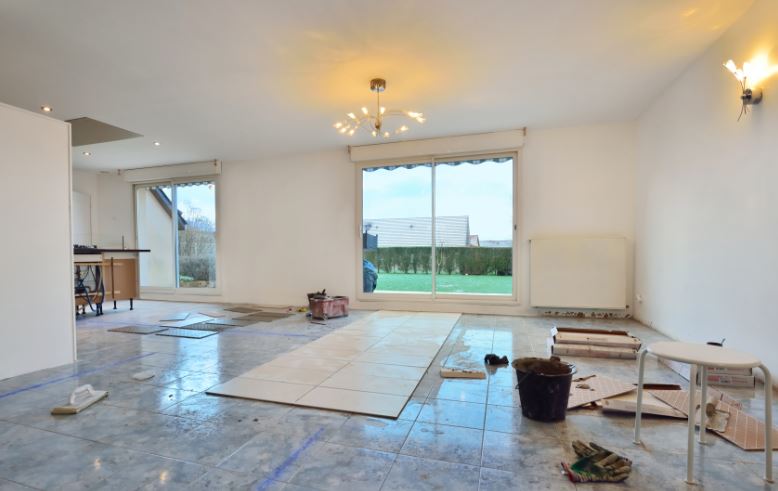Save Money And Personalize Your Home

If you approach the project with preparation and strategy, however, you can convert an older house into a beautiful home for your family to grow in, or you can even turn a profit on the housing market. With that in mind, let’s go over some things you should know before you buy a fixer-upper home.
First, why should you consider purchasing a fixer-upper?
When it comes to buying any home, there are pros and cons. As such, you need to think about WHY you really want to buy your very own fixer-upper.
Here are a few reasons why buying a fixer-upper home is a good idea:
You want to create your dream home. Purchasing a new home can be costly. Not only that, but there’s little room for customization if you buy a pre-built home. With a fixer-upper, you have the freedom to incorporate your own style and add any features you want, allowing you to turn an older house into your ideal living space.
You’ve found a great deal. Whether it’s because of an eager seller, or structural and/or cosmetic defects, fixer-upper houses can sometimes be found well below market value. If you find an older home for an outstanding price, it may be worth the investment to purchase it and renovate it to your liking.
Some helpful tips before you purchase your fixer-upper:
Check for zoning restrictions. Ready to turn that run-down property into gold? Better hold your horses. Many properties have zoning requirements, which could limit how you can renovate your fixer-upper. To find out a home’s zoning requirements, you’ll need to do a little research by visiting the area’s municipality website, or you can contact an official who will help you navigate the zoning specifics.
Hire a home inspector. A home inspector is a must-have if you’re purchasing a fixer-upper home. They will walk through your property, help you detect structural damage, and root out common issues found in older homes, such as asbestos and termite infestations. A home inspector can even provide you with suggestions on things that should be replaced or renovated, like electrical wiring, plumbing and roofing.
Recruit an architect or contractor. If you can afford to do so, you should consider bringing on an architect or contractor to assess your fixer-upper. They will be able to detect load-bearing walls and find out if and how you are able to properly restructure and renovate your property.
Research tax incentives*. In addition to the standard property tax deductions homeowners are eligible for, you could be eligible for other home-related tax benefits, such as:
- Home office tax deduction. Building a home office that is used regularly and exclusively for business could allow you to make rent and utilities partially deductible.
- Solar power tax credits. Installing solar energy panels can not only boost your property’s value, it can also provide you with a significant tax credit.
Key Takeaways
Overall, renovating a fixer-upper is not for the faint of heart (or wallet). But if you’ve found a property that’s in a great location and simply needs a little TLC, it could be a worthwhile investment for you and your family. Ready to start your fixer-upper project? PrimeLending and the McMullen Group offers a wide range of renovation home loans that can assist you in creating your perfect home. Contact a mortgage professional from the McMullen Group today to find out more.
blog.primelending.com


